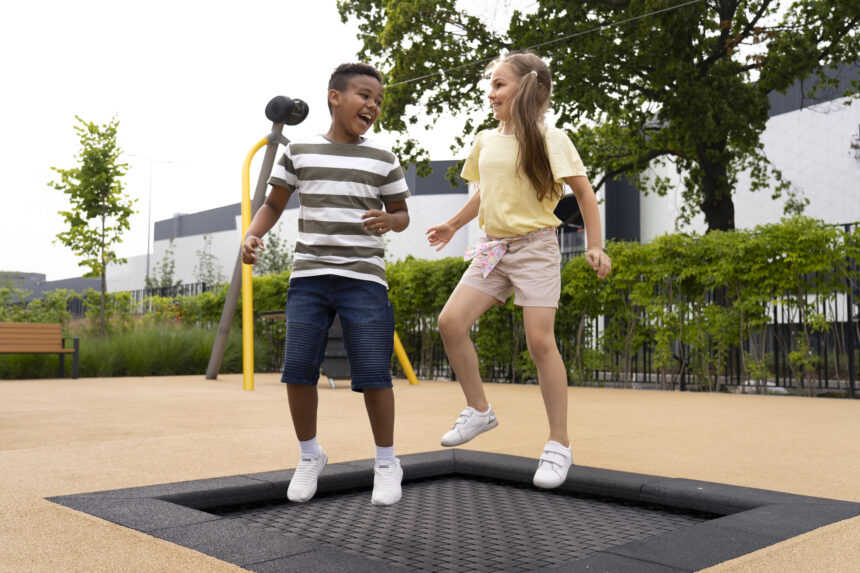Introduction
Conflict is an inevitable part of human interaction, including peer relationships. It is essential for children and adolescents to develop healthy conflict resolution skills to navigate disagreements and maintain positive connections with their peers. By teaching young individuals effective strategies for resolving conflicts, we can promote healthier relationships, enhance communication skills, and foster a more harmonious social environment. This article explores the importance of promoting healthy conflict resolution skills in peer relationships and provides practical guidance for educators, parents, and caregivers.
Understanding Healthy Conflict Resolution
Healthy conflict resolution involves finding mutually beneficial solutions, maintaining respect for others’ perspectives, and engaging in open and constructive communication. It is essential for children to learn that conflict does not have to lead to negative outcomes, but can instead be an opportunity for growth, understanding, and strengthened relationships.
Promoting Healthy Conflict Resolution Skills
- Teach Active Listening: Encourage children to actively listen and understand the perspectives of others involved in a conflict. By listening attentively, children can develop empathy and gain a deeper understanding of different viewpoints.
- Model Respectful Communication: Parents, educators, and caregivers should model effective communication skills by using respectful and assertive language during conflicts. Encourage children to express their feelings and needs without resorting to aggression or demeaning language.
- Foster Empathy: Help children develop empathy by encouraging them to consider how their actions and words might impact others. This helps in promoting a compassionate approach to conflict resolution.
- Encourage Problem-Solving: Teach children problem-solving techniques such as brainstorming, compromise, and negotiation. Encourage them to explore multiple solutions and consider the potential outcomes of each option.
- Provide Mediation Support: In situations where conflicts escalate or become more complex, adults can act as mediators to facilitate resolution. Mediation helps children understand each other’s perspectives and encourages them to find common ground.
- Promote Emotional Regulation: Teach children techniques for managing their emotions during conflicts, such as deep breathing, taking a break, or using positive self-talk. Emphasize the importance of self-control and avoiding impulsive reactions.
- Encourage Perspective-Taking: Help children understand that conflicts often arise from differing perspectives and experiences. Encourage them to put themselves in others’ shoes to gain insight into their feelings and motivations.
- Emphasize Compromise and Win-Win Solutions: Teach children the value of compromise and seeking win-win solutions where both parties feel their needs are addressed. Highlight the benefits of cooperation and finding common ground.
- Provide Opportunities for Conflict Resolution Practice: Create safe and structured environments where children can practice their conflict resolution skills, such as role-playing scenarios or engaging in group activities that encourage cooperation.
- Celebrate Successful Resolutions: Acknowledge and praise children when they successfully resolve conflicts using healthy strategies. This reinforces positive behavior and encourages them to continue using these skills in future situations.
Conclusion
Promoting healthy conflict resolution skills in peer relationships is crucial for children and adolescents’ social and emotional development. By teaching effective communication, empathy, problem-solving, and emotional regulation, we empower young individuals to navigate conflicts in a constructive and respectful manner. It is through these skills that they can maintain positive relationships, foster a supportive social environment, and develop lifelong tools for resolving disagreements in a healthy and beneficial way. With the guidance and support of parents, educators, and caregivers, children can become adept at conflict resolution, contributing to a more harmonious and inclusive society.










